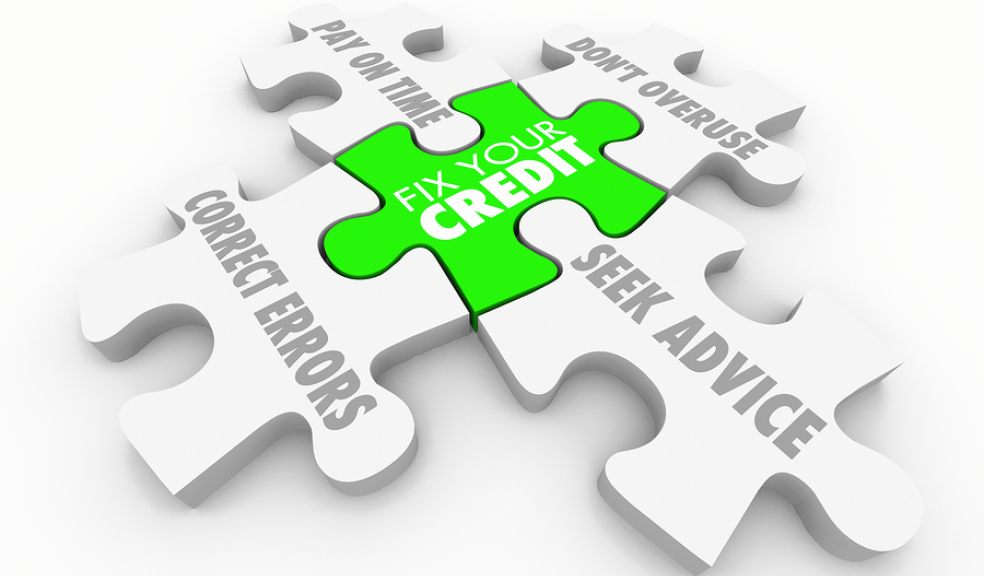
Easy ways to build your credit rating
Your credit rating is one of the most important financial tools you’ll ever possess, and one over which you possess plenty of control. By showing awareness of your own financial budget, and borrowing and repaying wisely, you’ll soon possess the means to take out larger loans or obtain a mortgage. But how do you build it in the first place? Here are seven methods:
Use a credit building credit card
These do what they say on the tin – they’re simply cards primarily designed to build up a credit rating. Although the interest rate is fairly eye-watering compared to other cards, the criteria for gaining them is far looser, as can be seen in this comparison by uSwitch. The aim is to use the card, pay it off in full where possible, and gradually prove yourself to be a responsible borrower. Once you’ve started the process your credit file will soon improve – click here for more information improving your credit score.
Additional methods
You may also be able to get store cards, mobile phone contracts and other credit card boosting tools. Take heed of them and make minimum repayments on time – it might even affect how much you pay when you come to renew your phone contract.
Be careful
It’s no good carefully building up a credit rating through the methods above, and then gaining a credit card or taking out a loan, and then ruining everything by failing to pay bills and being late in your loan repayments. Better to be organised by paying on time or in full, perhaps by setting up direct debit arrangements.
Stop applying for credit if your rating is weak
If you’ve made a few oversights such as late or non-payments, it might pay to stop applying for credit for a period of time. Not only are you less likely to be successful, but repeated applications will show up on your file and spread panic signals among potential lenders. If you feel you need to make repeated applications, then at least stagger it over a wide period of time.
Make sure you are on the electoral roll
Think of it from a lender’s point of view – are they more likely to lend money to someone who has a permanent base, or an applicant with seemingly no permanent address? The answer is the former, so get in touch with your local authority and make sure you’re on the list. This also means that people who move regularly might also be less likely to gain credit than those who maintain a home for several years.
Get rid of unused credit cards
If you already have thousands of pounds worth of credit available, why apply for more?
A lender might perceive that you’re going to need it in the future for some reason because something is on the horizon that you will have to spend money on, and be wary of lending more.
Avoid taking out credit you can’t pay
Do your calculations before you actually take out a loan or debit card, taking account of the term you’ll be borrowing for, and the likely interest rate. If you cannot make the payments at the agreed terms each month, you’ll soon suffer late fees, for which you’ll then pay interest. Your credit rating will also be affected, and these issues will remain on file for up to six years. If the problem continues and legal action is taken resulting in a county court judgment against you, your credit file will be seriously damaged. Therefore, if you do start to feel that you are struggling to make payments, get in touch with lenders as soon as possible and ask if the terms of the agreement can be altered.













